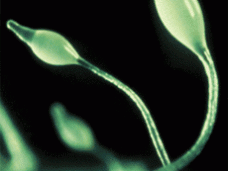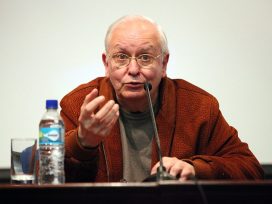The metaseminar
Theses on education and the experience of critical thought
After a decade of the Bologna Process, the reforms are a cause more for concern than for celebration. They embody a narrowly utilitarian turn in higher education policy visible not only in Europe but worldwide. In a philosophical critique of the pragmatic reduction of knowledge, Boyan Manchev defines the university as “locus of the unconditionally political”.

